What First-Time Recreational Land Buyers Need To Know
The idea of owning your own rural property is an appealing one, and can seem like the process can be fairly simple. But if you’re buying land, especially as first-time recreational land buyers, there are several conditions and circumstances you’ll want to be aware of so that you can make an informed decision and avoid costly mistakes.
Considerations Before Purchasing Land
What Are Your Needs From The Property?
The first thing you want to decide as first-time recreational land buyers is what type of property you want and how you intend to use it. There are big differences between purchasing land for hunting deer or fishing versus purchasing land for camping or hiking on the property.
What Is Your Budget?
Another important consideration is determining how you will pay for your land. If you have the cash, great! Experts recommended paying cash for land if you have the ability. That’s because a traditional land loan is more difficult to obtain than a mortgage. Additionally, land loans almost always have higher interest rates, require a higher down payment, and are typically required to be paid off in 3 to 5 years.
Most Importantly, What Land Professional Will You Use?
Before anything else, you must find someone to help you with your land purchase. A traditional real estate agent likely will not have the experience required to help you with a land purchase. An agent that specializes in recreational land purchases will have the experience and knowledge needed to help you find the right piece of land. Using a qualified land broker can also benefit you when it comes to considering zoning laws and other legalities as well. With a good land agent, they will be able to help with everything else in this article to ensure your transaction goes smoothly and you end up with the right property to meet your needs.
The Land-Buying Process — Mistakes to Avoid
Don’t Expect to Make a Purchase Too Quickly
Buying land for the first time will likely take longer than you think. But that’s okay, because it isn’t a transaction you should rush into. You’ll want to take the time to work with a qualified land agent to thoroughly research each parcel of recreational land you are interested in and compare them.
It may take several months or longer before you find the perfect piece of land that checks all the boxes for what you really want. Lenders will also want appraisals, surveys, and environmental evaluations, adding to the length of time the process takes.
Don’t Pay More Than the Land is Worth
This may seem like an obvious one but there is more to it than meets the eye. You don’t want to pay much more than a particular piece of land is worth, right? Make sure to research what other parcels of land in the area are selling for and determine what the property’s appreciation potential is for both the short and long term. A qualified land agent can also help you with this.
Check Legal Access
In some cases, legal access to the property might not actually come with the deed — referred to as an easement, it is important that you are aware of what easements exist for the property you are interested in. Easements are common when the land you are interested in lies between two other pieces of property.
There might also be situations in which you would need to add a road, infrastructure, and utilities. Obviously, this can be extremely costly, and will need to be considered when formulating your budget to help you decide whether the property is a fit.
Check for Liens
If any liens have been taken out against the property you could be liable for the outstanding property taxes if they weren’t completely paid off by the previous owner. You’ll want a record that the property is clear of any liens before you decide to go through with a purchase.
Additionally, be aware of what your property taxes will be. Take a look at the property tax records for the last few years. This will give you a good idea of how much the taxes are raised each year so that you know what to expect to pay and how much they may increase in future years. High property taxes might have you changing your mind if the return on investment isn’t worth it.
Research
If you’ve narrowed your decision down to a few particular parcels of land, research them more thoroughly and visit them more than once. Have surveys and environmental testing performed. Check the zoning requirements to ensure that you can do what you intend to do on the land. Even if you only plan on building a house, not all areas are zone for houses that fall below a specific square footage.
You’ll also want to check for land drainage and soil quality. A parcel of land that is prone to flooding is not a good investment, and if you intend to do any hobby farming, you’ll want soil of good quality as well.
Use a Title Company for Closing
When it comes to closing the deal, title insurance is also important. When it comes to a land purchase as first-time recreational land buyers, the title company will typically have more experience than a real estate attorney who traditionally only does mortgages. Both your realtor and the title insurance company will take care of a lot of the paperwork for you and ensure that everything is completed properly.
Ready to buy your first recreational property? Start by finding a land consultant in your area!

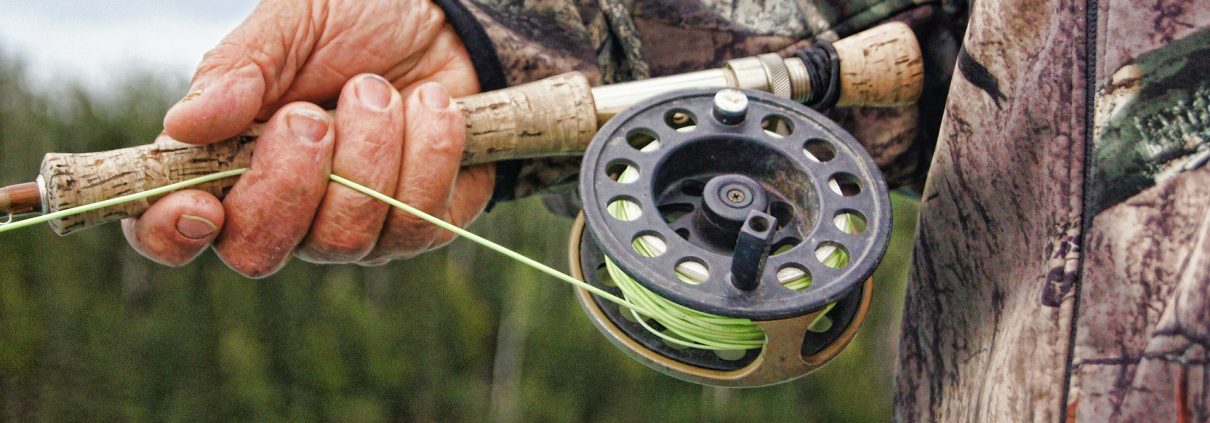




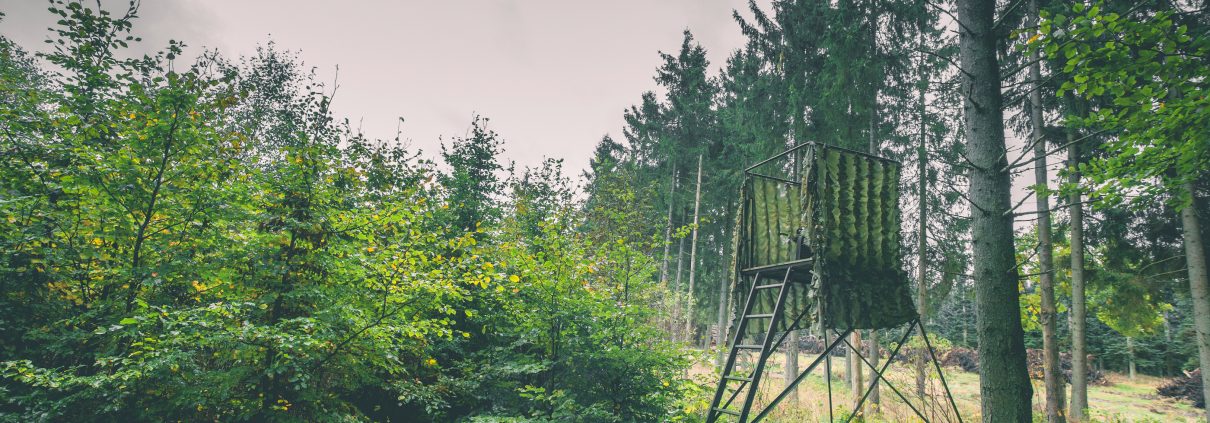

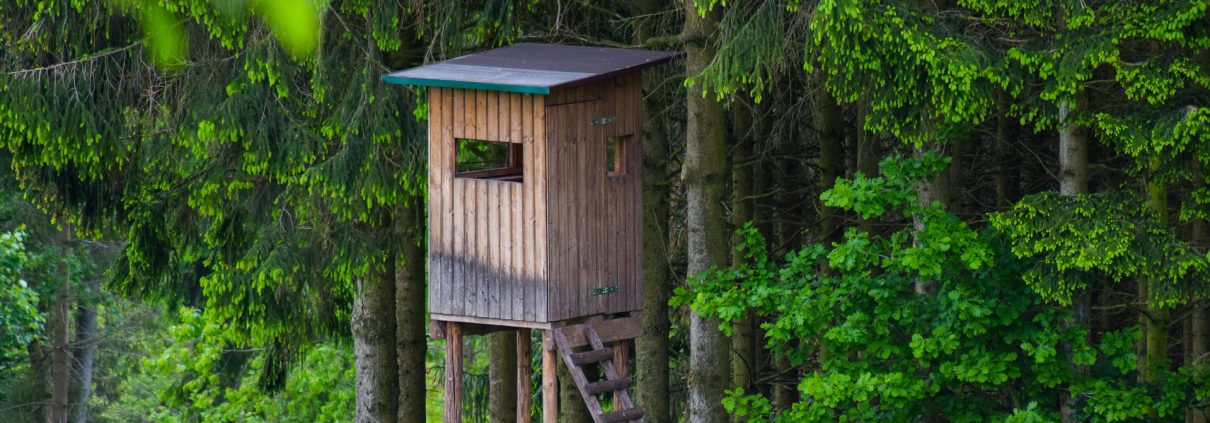




 About:
About: 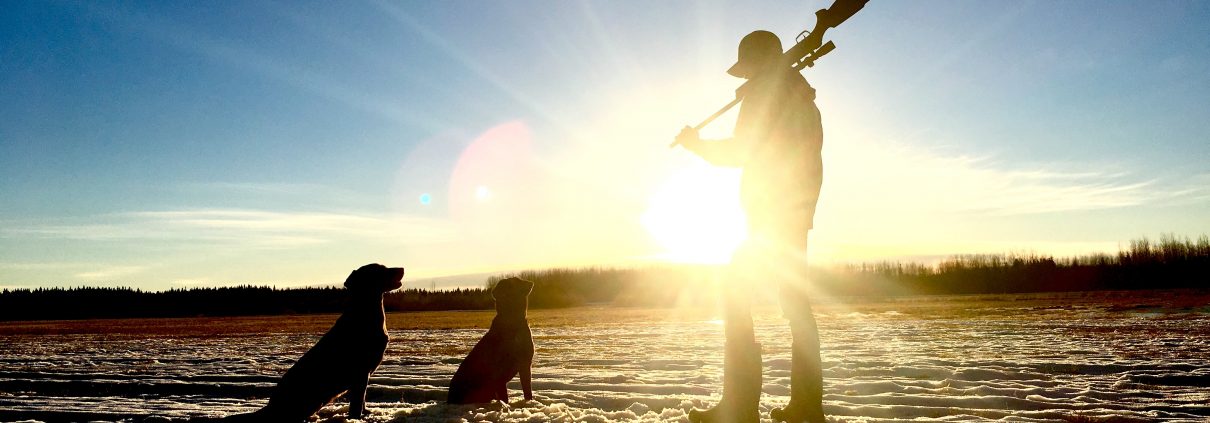


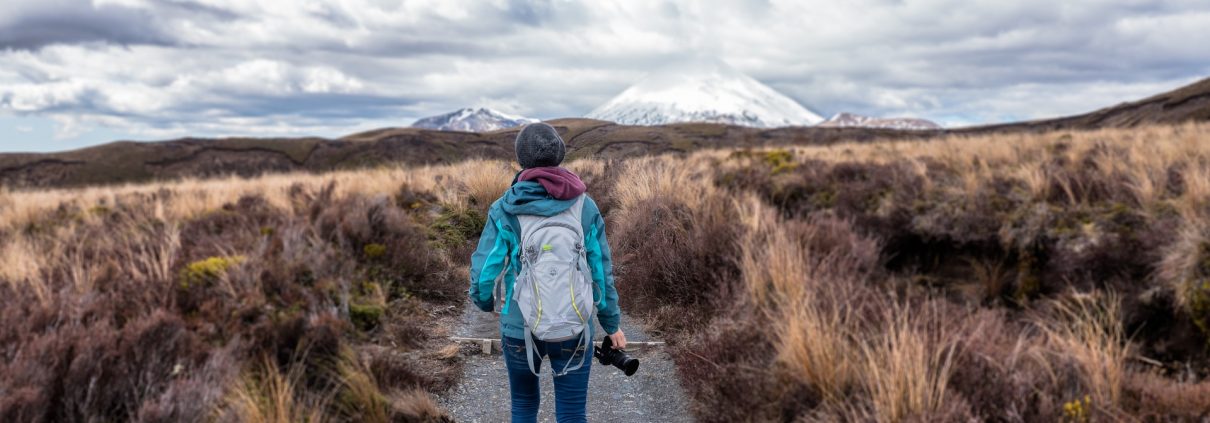

 About the Author:
About the Author: 



 About the Author: Mike Miller, MBA, is the Vice President and Co-founder of
About the Author: Mike Miller, MBA, is the Vice President and Co-founder of 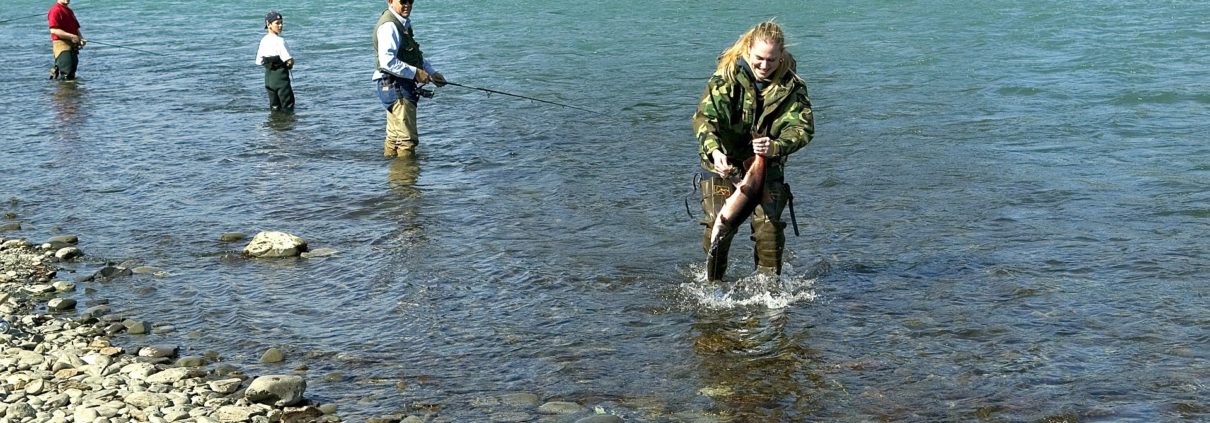










 About the Author:
About the Author: